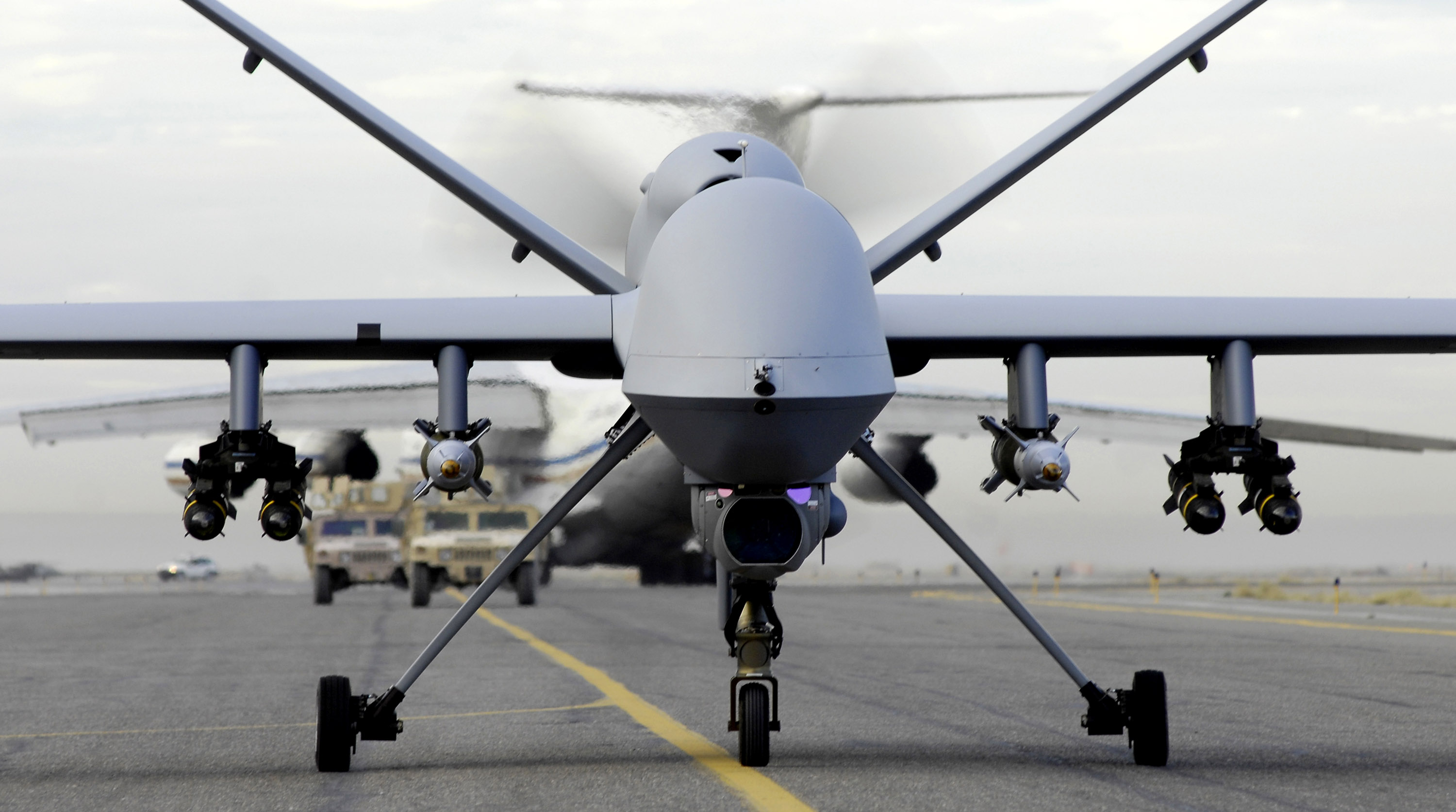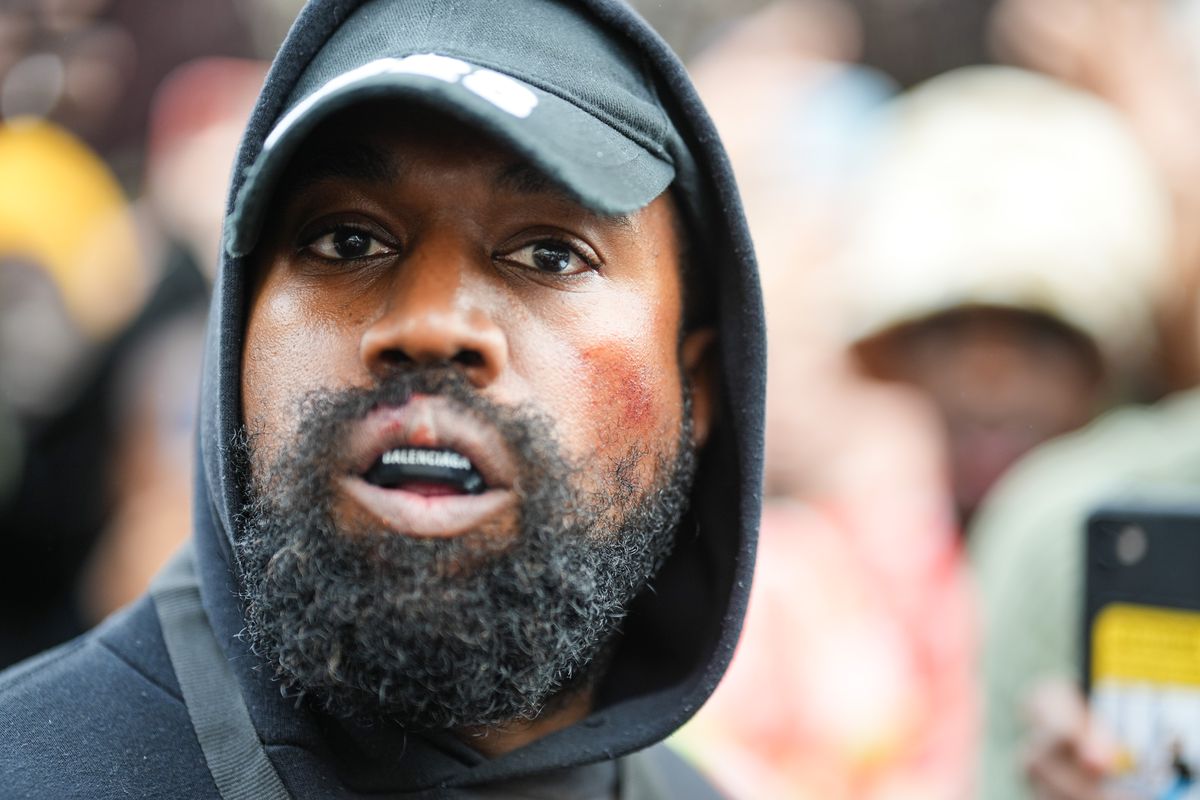
On Oct. 8, many gathered on North Campus at the UGA Chapel to watch the debate teams from UGA and Oxford square off. This debate was the fifth in a series of similar events, where the UGA team challenged the Oxford Debate Society to a public debate in Athens. Prior to the event, the series was tied at 2-2, meaning the winner of fifth debate took the advantage in the series.
Dr. James McClung, director of the UGA at Oxford Program, was quick to stir interest before the debate.
“Like all previous iterations, the 2014 debate will be an extremely exciting event and it will showcase some of the best young thinkers and speakers from both campuses,” McClung said. “The topic is timely, provocative, and well chosen. I personally look forward to a hard-fought debate, hopefully ending with a well-deserved UGA victory.”
Both the UGA and Oxford Debate Unions have great legacies. The Oxford Union was founded in 1823, and its prestigious list of alumni includes Mother Theresa, Yasser Arafat, Jimmy Carter, and Nelson Mandela. The Georgia Debate Union, a much younger program, has been tremendously successful in the United States’ competitive policy debate, qualifying 32 different teams to the National Debate Tournament over the last 18 years.
The debate topic for this year was “Resolved: On balance, United States drone strikes enhance its national security objectives.” Given the recent discussion over an air campaign against ISIL in Syria and Iraq, as well as existing drone operations in Pakistan and Yemen, this timely and relevant topic gave the debaters a plentiful supply of material to argue about. Monica Kaufman Pearson, a former WSB-TV lead anchor and recent UGA master’s graduate, moderated the debate. The panel of judges included Cecil Staton, former Georgia state senator with a doctoral degree from Oxford, UGA President Jere Morehead, and Ray Gilbert, former executive director of the British American Business Group.
UGA took the affirmative side, defending the current U.S. drone policy. The UGA team featured senior Eilidh Geddes, junior Chetan Hebbale, and PhD student Logan Gramzinski. The affirmative argued that drones, although far from perfect, are the best available alternative to prevent terrorism. The ability to covertly strike specific people thwarted non-state actors’ ability to organize and lead, and harmed their overall effectiveness. They said the potential for blowback and civilian casualties is insignificant compared to the lives saves from terrorist attacks.
Oxford was on the negative, arguing drones are ineffective in solving terrorism, destabilized regions, alienated allies, and only made the problem worse. The Oxford Union society featured three of its most talented members – Mayank Banerjee, Polina Ivanova, and Lisa Wheldon. They cited Yemen and Pakistan as examples for how the U.S. drone campaigns undermined the legitimacy of governments and only enhanced terrorist recruitment efforts.
Perhaps the most interesting part of the debate involved a format adopted from the British style. During the last two speeches, debaters were allowed to ask “points of inquiry” which demand specific information or question a point the other side just made. These interruptions as well as the cross-examination period in the middle of the debate gave an otherwise cordial debate a more competitive atmosphere. Debaters from both sides got heated when discussing the potential moral issues surrounding drones. The negative referenced wrongful civilian deaths while the affirmative argued they could easily create similar sob stories for the innocent people killed by terrorist attacks.
Ultimately, the three judges were forced to make a decision. After a long break for deliberation, the judges decided that, on balance, drones enhanced U.S. national security. UGA’s win gives them the lead in the series at 3-2, but the record is far from set. Look forward to another debate to settle the score over the next four years, maybe even one across the pond in the United Kingdom.


